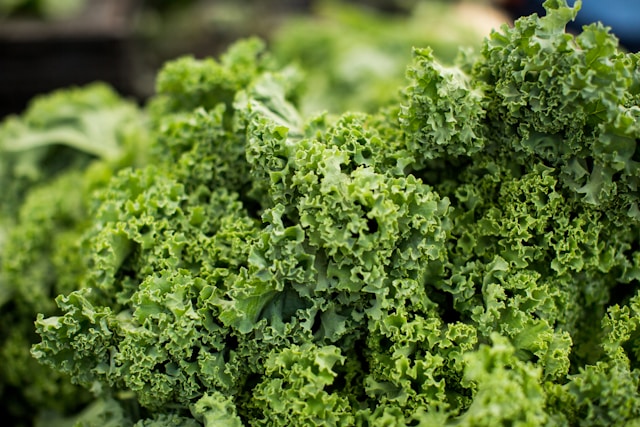Demystifying Calories: Understanding Their Role in Health and Fitness
April 30, 2024
In the world of nutrition and fitness, the term "calories" often takes center stage. Whether you're trying to lose weight, gain muscle, or simply maintain a healthy lifestyle, understanding calories and their role in the body is crucial. In this comprehensive guide, we'll delve into the basics of calories, their impact on weight management, and answer the burning question, "How many calories should I burn a day?"
What Are Calories?
At its core, a calorie is a unit of measurement used to quantify the energy content of food and beverages. When we consume food, our bodies break it down into its constituent nutrients, including carbohydrates, proteins, and fats. These nutrients are then converted into energy through a process called metabolism. The energy produced by metabolism is measured in calories, which our bodies use to fuel various physiological processes, including breathing, digestion, and physical activity.
Calories and Weight Management
The relationship between calories and weight management is governed by the principle of energy balance. Put simply, weight gain occurs when we consume more calories than we expend, while weight loss occurs when we expend more calories than we consume. This concept forms the basis of most diet and exercise regimens aimed at achieving and maintaining a healthy weight.
To effectively manage weight, it's essential to strike a balance between calorie intake and expenditure. This involves not only paying attention to the quantity of calories consumed but also the quality of those calories. Opting for nutrient-dense foods that are rich in vitamins, minerals, and fiber can help promote satiety and provide essential nutrients while supporting overall health and well-being.
How Many Calories Should I Burn a Day?
The number of calories you should burn in a day depends on various factors, including your age, gender, weight, height, activity level, and overall health goals. While there is no one-size-fits-all answer to this question, several methods can help estimate your daily calorie needs:
-
Basal Metabolic Rate (BMR): Your basal metabolic rate represents the number of calories your body needs to sustain basic physiological functions at rest, such as breathing, circulation, and cell repair. BMR accounts for the majority of your daily energy expenditure and can be estimated using mathematical equations based on factors like age, gender, weight, and height.
-
Total Daily Energy Expenditure (TDEE): Your total daily energy expenditure encompasses not only your BMR but also the additional calories burned through physical activity and the thermic effect of food (the energy expended during digestion). TDEE provides a more comprehensive estimate of your daily calorie needs and can be calculated by multiplying your BMR by an activity factor that reflects your level of physical activity.
-
Activity Level: Your level of physical activity plays a significant role in determining your calorie needs. Individuals with sedentary lifestyles may require fewer calories than those who engage in regular exercise or strenuous physical activity. Incorporating more movement into your daily routine, such as walking, cycling, or strength training, can help increase calorie expenditure and support weight management goals.
-
Health Goals: The number of calories you should burn in a day also depends on your specific health goals, whether you're looking to lose weight, gain muscle, or maintain your current weight. Creating a calorie deficit (expending more calories than you consume) is typically recommended for weight loss, while consuming a surplus of calories is necessary for muscle gain. Consulting with a registered dietitian or healthcare professional can help tailor your calorie intake to align with your individual goals and needs.
In conclusion, calories play a crucial role in weight management and overall health. By understanding the basics of calories and their impact on the body, you can make informed choices to support your health and fitness goals. Whether you're aiming to lose weight, gain muscle, or simply maintain a healthy lifestyle, finding the right balance of calorie intake and expenditure is key. By considering factors such as your basal metabolic rate, total daily energy expenditure, activity level, and health goals, you can determine how many calories you should burn in a day to achieve optimal health and well-being. Remember, consistency, balance, and moderation are key components of a sustainable approach to calorie management and overall wellness.
Leave a comment
Comments will be approved before showing up.
Also in Wisdom News

The Importance of Vitamin K2: Unlocking its Role in Health and Wellness
September 22, 2024

The Importance of Omega-3 Fatty Acids: A Comprehensive Review of Their Effects on the Body
August 02, 2024

The Benefits of Mindfulness Meditation for Mental Health
July 12, 2024
Disclaimer: These statements have not been evaluated by the FDA. These products are not intended to diagnose, treat, cure or prevent any disease.
© 2026 Earth's Wisdom®. All Rights Reserved.




